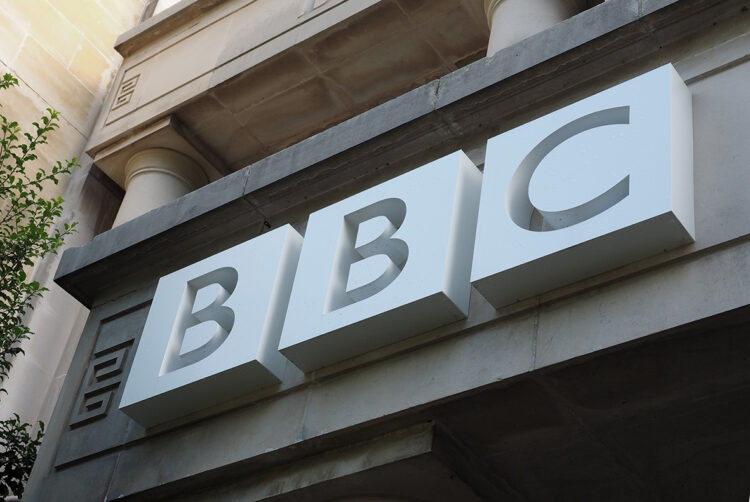The BBC is considering plans to include ads in selected BBC podcasts when they are hosted in the UK on commercial sites, including on Apple and Spotify, The Media Leader can confirm.
Under the plan, the activity would be carried out by BBC Studios, which works to commercialise BBC-commissioned TV and audio content such as through broadcaster UKTV, sales of audiobooks and ads on BBC-commissioned podcasts outside the UK.
The latest announcement would mark the first time there are plans to commercialise podcasts in the UK.
Analysis: Phased roll-out
A BBC spokesperson told The Media Leader: “Listeners will continue to hear BBC audio without ads on BBC Sounds, but as many of our podcasts are available on commercial platforms like Apple and Spotify, where adverts are the norm, we look to carry them in some of our content to generate more revenue to support the BBC, licence fee payers, our suppliers and rights-holders.”
The Media Leader understands that any such plans would occur in phases, with ads initially appearing on select titles beginning in late 2024 and early 2025. Higher-profile shows, such as Desert Island Discs, The Archers and In Our Time, would not be part of the first phase, but could eventually include ad inventory.
News and current affairs podcasts would be excluded from the commercialisation strategy.
The move is subject to a regulatory assessment, which The Media Leader understands to be ongoing.
Licence fee conflict?
Sam Austin, head of audio at Stagwell media agency Goodstuff Communications, questioned the move.
“I do think that we as licence fee payers pay for a specific service from the BBC,” she said. “Our fee should cover the cost of its production, talent fees, strong content and essentially for it to be ad-free.
“The listener experience should be different to that of a commercial brand, whether that be a radio station, audio streaming or a podcast. The BBC is a specific service, unique in the UK, which should be differential to commercial.”
Austin acknowledged that the BBC is in a “precarious position” given commercial radio’s relative ascendance in popularity over the past few years — exacerbated in part by former BBC talent, such as Ken Bruce, leaving the organisation for commercial players.
“The monetisation of their products is not necessarily the right way about bridging the gap,” Austin continued. “With the introduction of ads, should we not see a reduction in our licensing fees or a stronger push from UK licence fee payers to demand a free service?”
While there is “unique and compelling content” offered by the BBC, Austin does not believe she “would be doing the right thing in proactively encouraging clients to place their ads adjacent to BBC content”.
Austin added: “There is a plethora of existing commercial content in market for clients to align with and KPI-dependent, different ways to be integrated with the content for the best outcomes for their brands.”
‘Alarming’ development
Responding to the news, first reported by The Times, News Media Association (NMA) CEO Owen Meredith said: “The news that the BBC is apparently set to muscle into the UK advertising marketplace by competing with commercial players for advertising around audio output is very alarming.
“Such an intervention will profoundly distort competition, wreaking havoc on commercial players right across the media and advertising sector.
“The BBC must not be allowed to use the might of its licence fee-powered services in the advertising marketplace, otherwise the consequences for our media could be catastrophic. This would set an extremely dangerous precedent and these plans must be stopped immediately.”
The NMA, which represents local and national news organisations, has repeatedly raised concerns over the BBC’s encroachment into local news publishing and radio.
Regional editors label BBC as ‘neighbour from hell’
Local radio cuts
The BBC’s latest potential commercial foray into podcast advertising on commercial sites risks flaring tensions further with the commercial audio sector.
In February, the organisation announced plans to launch spin-off specialist stations in a move that has received significant pushback from Radiocentre.
On Wednesday, BBC director-general Tim Davie will appear before the Culture, Media and Sport Committee, where MPs will question the organisation’s leadership as part of the committee’s regular scrutiny of its work.
Adwanted UK are the audio experts operating at the centre of audio trading, distribution and analytic processing. Contact us for
more information on J-ET, Audiotrack or our RAJAR data engine. To access our audio industry directory, visit
audioscape.info and to find your new job in audio visit
The Media Leader Jobs, a dedicated marketplace for media, advertising and adtech roles.




